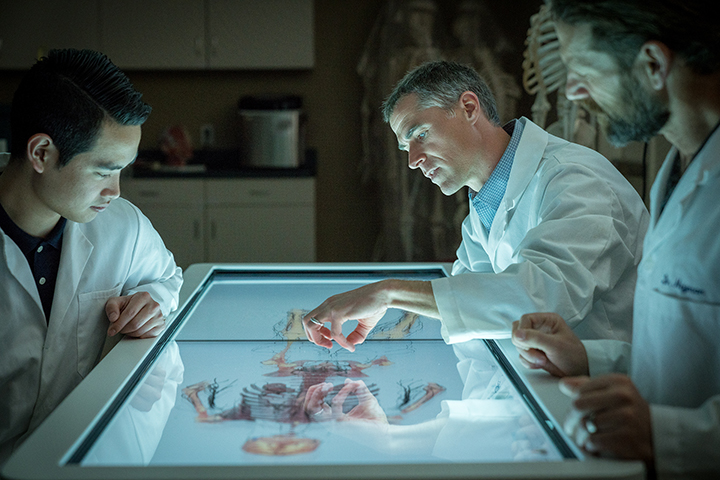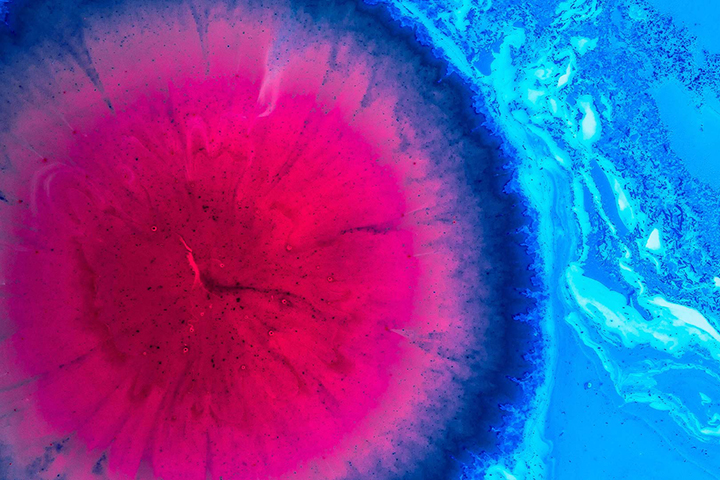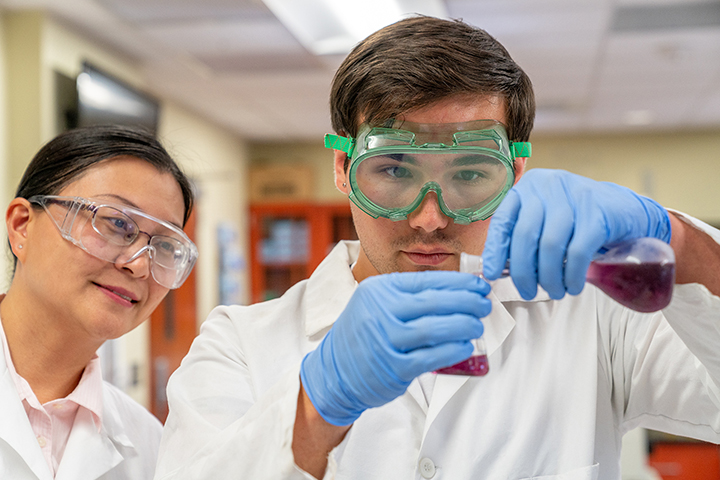
Forensic Chemistry, BS
Forensic chemists apply knowledge from chemistry, biology and genetics to analyze evidence found at crime scenes or in the bodies of crime suspects.
Program Intro
The forensic chemistry major at CBU prepares students to be competitive for entry-level employment in forensic science-related positions while also providing a strong background in chemistry that can lead to other careers.
Why Study Forensic Chemistry at CBU?
Learn by experience
Students have abundant opportunity to engage in hands-on learning and collaborative research with faculty. Students will complete a senior level capstone course in which they will do an internship in a crime lab, research project under the supervision of a science faculty member, or literature-based thesis. Students will get hands-on training using some of the same instrumental methods of analysis that are used in crime labs.
What You'll Learn
- Upon completion of each year of chemistry coursework (General, Organic, and Analytical), students will attain knowledge comparable to national standards in these areas of chemistry.
- Students will demonstrate proficiency in accurately conveying scientific data both orally and in writing.
- Students will be able to apply instrumental and other laboratory techniques to laboratory -based problems.
- Students should be able to define forensic chemistry-related problems clearly, develop testable hypotheses regarding collected evidence, design and execute experiments to analyze this evidence, analyze data using appropriate instrumental and statistical methods, and draw appropriate conclusions.
- Students will understand the concepts of safe laboratory practices and how to apply them.
- Students should be able to work in a group to solve scientific problems, be effective leaders as well as effective team members, and interact productively with a diverse group of peers.
- Students will exhibit a basic understanding of criminal justice systems as they relate to forensic science.
- Students will be able to demonstrate use of their forensic chemistry-related knowledge by participation in an integrated experience on a topic related to forensic chemistry.
Program Details
CJS 113: Introduction to Criminal Justice
A survey of the U.S. system of criminal justice.
SCI 205: Introduction to Forensic Science with Lab
In this course students will integrate and apply concepts from a variety of disciplines such as chemistry, physics, biology, mathematics, etc., to the study of forensic science.
CHE 475: Forensic Chemistry with Lab
This course builds on the students' criminalistics and chemistry foundation to study advanced topics in forensic chemistry.

Thomas E. Ferko, Ph.D.
Professor of Chemistry
Associate Dean, Division of Natural and Mathematical Sciences
Office Phone: 951-343-4399
E-mail: tferko@calbaptist.edu
Office Location: James Building, 454

Troy Hinrichs, J.D.
Professor of Criminal Justice
Fellow, Dr. Paul & Annie Kienel Leadership Institute
Office Phone: 951-343-4692
E-mail: thinrichs@calbaptist.edu
Office Location: The Point, Room 221
Career Possibilities
Graduates of CBU's forensic chemistry bachelor's program will be well prepared for various careers and/or graduate school. Some careers listed below may require further education.
- Police Detective
- Forensic Scientist
- Forensic Toxicologist
- Scientific Lab Technician
- Teaching Lab Technician
- Forensic Chemist
- Forensic Pathologist
Related Programs
Next Steps
Join our community. At CBU, you’ll be challenged to become an individual whose skills, integrity, and sense of purpose glorify God and distinguish you in the world.



